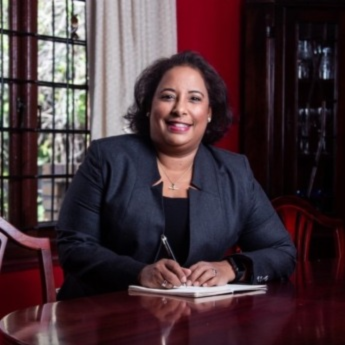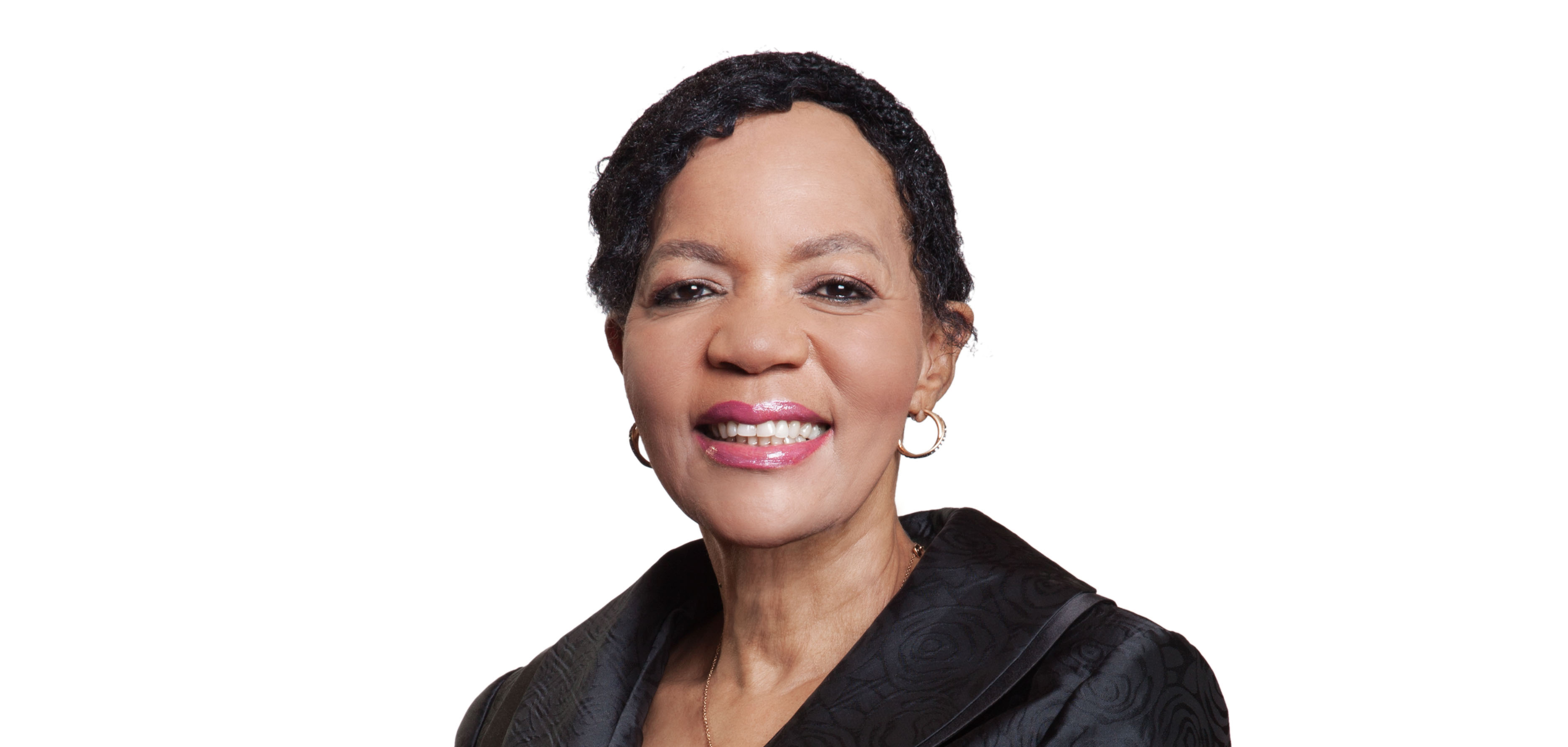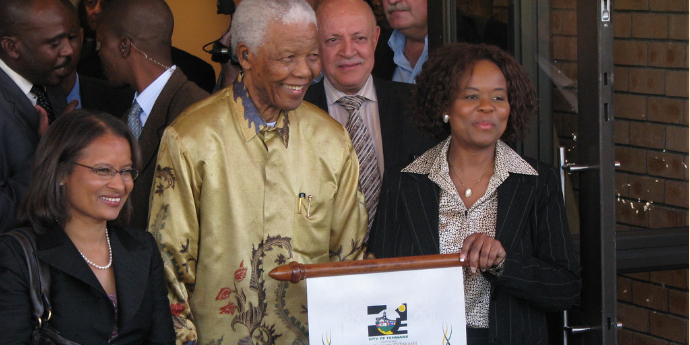The Boardroom is an exquisitely complex arena that extends beyond governance checklists, compliance reports, and traditional notions of profit maximisation into the philosophical domains encompassing sustainability, risk, ethics, values, diversity, and equity.
Board directorship confers tremendous responsibility, accountability, and decision-making authority to a diverse and often disconnected, group of highly skilled individuals with varying backgrounds, biases, preferences, and life experiences. Yet the Board is expected (and legally obligated) to quickly form a cohesive leadership team capable of governing a complex organisation operating in a challenging external environment.
Directors spend a significant amount of their time in the Boardroom applying their functional skills (areas of expertise and technical know-how) to provide insight and analysis. However, they often fail to realise that they also bring their humanity and personality with them into the Boardroom.
They are also expected to adhere to the highest professional standards. Principle 16 of the South African King IV Code on Corporate Governance says of the role of Boards: “In the execution of its governance role and responsibilities, the governing body should adopt a stakeholder-inclusive approach that balances the needs, interests and expectations of material stakeholders in the best interests of the organisation over time.”
In South Africa, s 76(3) of the Companies Act 71 of 2008 states that when a director exercises his/her power, “he/she must do so in good faith, in the best interests of the company and with the degree of care, skill and diligence that may be reasonably expected of a person carrying out the same functions in relation to the company as carried out by that director, and having the general knowledge, skill and experience of that director.”
Last year, the South African Supreme Court of Appeal in the matter involving two shareholders of African Bank Investment Limited (ABIL), the former directors of ABIL and the former auditors Deloitte, found that the fiduciary duties owed by directors which are codified in terms of s 76(3) of the Companies Act are owed to the company and not to individual shareholders.
Transitioning into the Boardroom
Given the recent spate of corporate malfeasance (think Steinhoff, EOH, the Guptas and various State-Owned Entities), more Boardroom activism is required to ensure accountability and prevent future corporate scandals.
But how are directors cultivating the competencies needed to navigate the Boardroom?
In making my own transition from executive management to the Boardroom I leaned heavily on the knowledge and experience gained from my Executive MBA at the UCT Graduate School of Business. The programme developed my functional skills while introducing me to systems thinking and reflective practices of self-awareness. This empowered me to transition from executive management into the Boardroom through an intentional process as I realised that effecting meaningful change starts at the top.
Becoming a Board member required that I re-evaluate the skillset I acquired as an executive manager. I soon realised that this shift in understanding about the holistic skills required of a director is what underpins the value I bring to the Boardroom. At the consultancy I founded, Boardvisory, we run board meeting simulations for directors where it soon becomes evident that executives often struggle to shift from offering executive insights to providing Board director oversight.
From directorship to DirectorShift
Understanding Board culture is critically important in navigating tense conversations, engaging with narcissistic Board chairs (and fellow directors) while confronting autocratic CEOs, sleepy Chairs, and passive-aggressive directors to achieve effective decision-making in the Boardroom. Sometimes the Boardroom environment can feel like a battlefield (or a minefield) where it is important to know which battles to fight and which wars to win.
American philosopher and psychologist John Dewey once said: “We do not learn from experience… we learn from reflecting on experience.” Self-awareness is therefore the key competency that I would urge leaders and Board directors to develop.
I am of the view that real value-based directorship is only developed through conscious action and reflection; a repeatable process that needs to be practised and honed. And each Board meeting provides new opportunities for such reflection – recalling your behaviour, observing what triggered you in the meeting and thinking about how to make a better contribution next time.
When you practise such self-observation, you are actually learning more about who you are. And when you reflect on the Board experience, you are forced to confront your hidden beliefs and the subconscious choices you make all the time. Only then can you shift your behaviour to becoming a better director – a process I call DirectorShift.
The boardroom of the future is shifting, and the competencies required are evolving. Making sure tomorrow’s directors are prepared to meet these challenges will be critical for cultivating businesses that can succeed – not just for shareholders but society at large. It’s time to look within.
Joy-Marie Lawrence, UCT GSB alumnus (EMBA 2010), Chartered Director and founder of Boardvisory, has navigated the Boardroom over the past 15 years and is passionate about cultivating the competencies that enable effective decision-making in the Boardroom.































